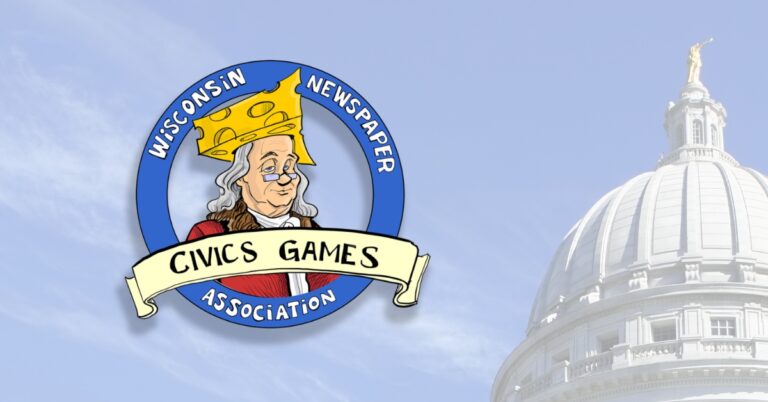The first amendment adopted to the United States Constitution in the year 1791 ensures the freedoms of religion, speech, press, petition, and assembly. This amendment and the freedoms promised within it have been an integral part of American culture. The First Amendment has existed in this country for hundreds of years, yet today, these freedoms that were promised to us centuries ago are still being debated. Debates about our First Amendment are abundant in our modern society, but none are as important to the youth of this nation as the issue of book banning in school libraries. This debate about book banning is not a new one, but it is an issue we still must combat. Knowledge is power, and to deprive the kids of this nation of knowledge is morally criminal. But is it unconstitutional? Does banning books violate our First Amendment rights to speech and press? Those are the questions the youth of this nation are left to face today. A freedom promised in 1791 should be a freedom promised today. This idea is one we must ensure to protect and keep true.
The freedom of the press and speech are closely tied to one another. Both protect U.S. citizens’ right to express their thoughts, opinions, and information without censorship from the government. Historically, these freedoms have been focused on newspapers, magazines, and peaceful protests. But are books protected by these two freedoms, and if so, to what extent are they protected? This is the question the United States has been facing for decades. Dating all the way back to the eighties and continuing to today, schools banning books in their libraries is a controversial topic. Island Tree senior Steven Pico took his argument against the Island Tree school board banning books at his school to the courts. The 1982 Supreme Court case, Board of Education v. Pico, affirms the notion that books are protected under our freedom of the press and speech. The ruling on the side of Steven Pico resulted in the school keeping all books. Assuring the public that books are protected under the First Amendment.
This debate seems to have ended there in 1982. However, it’s clear many have forgotten about this case because banning books in schools has made a reemergence in the last few years. In July 2023, Iowa’s Urbandale Community School District tried banning 374 books. Though the Supreme Court stepped in 1982, no recent case of book banning has made it to the court since. So the long-standing question of books and their protection under the freedom of the press and speech still stands. It is now up to the youth of our nation to take a stand, just as Steven Pico did in 1982, and fight for the preservation of books in our schools. Knowledge is power, and our generation will not stand powerless in this debate.
Isabella Burton is a junior at Seymour Community High School.


